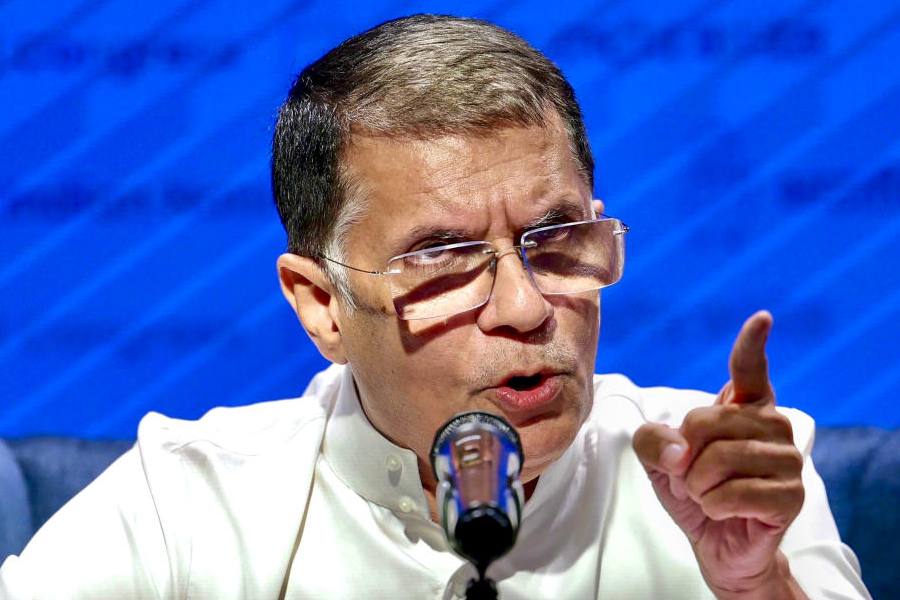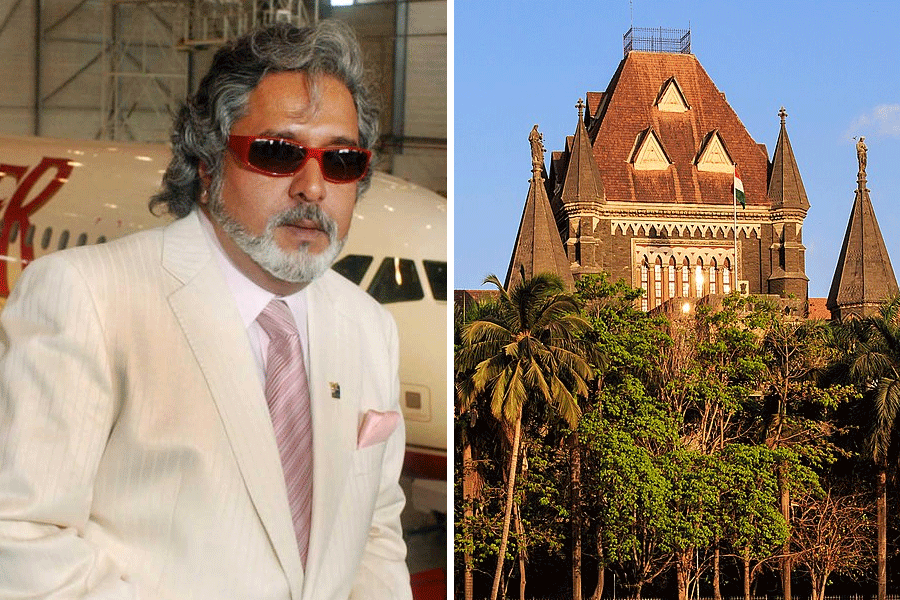 |
| Salman Khan and Katrina Kaif in Ek Tha Tiger |
One of the most obvious proofs of how culturally bonded both India and Pakistan are lies in a casual consideration of the viewership of Bollywood movies across the Wagah border. Well before the creation of air-conditioned cinemas in the suburbs of Karachi or Lahore, there existed an abundance of local screens showcasing both Lollywood and Bollywood movies, with theatrical art displaying posters of Amitabh Bachchan, Rajesh Khanna, Dilip Kumar and Meena Kumari, like oil on canvas, printing titles in both Urdu and English.
Cinemas, such as the Novelty cinema in Karachi, showcased classics including Aah, Aadmi, Taraana and Zindagi ya Toofan. The 1960s and 1970s invited viewers to witness the growth of Indian cinema. Some even provided morning shows for women, allowing female students and housewives to comfortably enjoy screenings at 11am. Unfortunately, post the 1971 war, Hindi movies were banned from Pakistan for several years.
But the fan-following remained loyal and large. Indian music blared on Tips audio cassettes in trucks, rickshaws, shops and at weddings. Women drew their fashion sense and men their style of hair and moustache from what was modelled on screen through their VCRs. Viewers would rush to video shops in their respective neighbourhoods, seeking pirated prints of recent releases. “Bhaisahab, Saagar ka master print aaya hai?”
Now, in contemporary times, with sex, profanity, Taliban, Lashkar-e-Taiba and the ISI falling into similar controversial categories of censorship, Pakistan’s censor board breaks into a sweat when deciding which movies are to be screened in a country susceptible to ideological backlash. The Dirty Picture was one such movie. The talented Vidya Balan romancing Naseeruddin Shah in the backseat of his car or seductively moaning and groaning on a bed were indeed too dirty for the censor board to handle. In Karachi, the first screening of the movie was actually postponed twice because of the editing that was required for a print deemed suitable for Pakistani audiences and families. Though make no mistake, many later purchased uncensored versions of the movie for their own private home viewing, myself included.
Similarly, for other provocative reasons and to avoid stirring nationalist or religious sentiments, Kurbaan, Agent Vinod and Ek Tha Tiger were banned for public viewing in Pakistan. Having recently seen Tiger, I must admit, I do not support the ban. For one, the movie was a decent masala film. Salman Khan’s performance was enjoyable; not ogling over Katrina Kaif was difficult. The music, action, humour, script... was much needed for one who has not seen an Indian movie on screen in months. It was a decent Bollywood package.
The reason Pakistan’s censor board placed the ban was apparently due to the portrayal of Katrina Kaif’s character Zoya, an ISI agent. Frankly speaking, I think the censor board forgot that this was a fictional movie. I for one did not find any scene remotely insulting or degrading the Pakistani intelligence services. In fact, on any occasion that the ISI was presented in a negative light, so too was RAW. This was depicted by Khan’s character, who maintained that ISI and RAW would continue their rivalry for decades to come and that should not prohibit them (Tiger and Zoya) from being together. Tiger further maintained that he would return to his home country once neither India nor Pakistan would require the existence of these intelligence services, a positive message that was applauded by cinema-goers in the UK.
It is a pity that so-called “sensitive” issues are deemed inappropriate to be viewed by the public eye. This not only strains relations between Indian and Pakistani cultures, it places restrictions on Pakistan’s own cultural and intellectual growth. Banning works of art is an unhealthy way of dealing with underlying political tensions. Bollywood fans in Pakistan should be allowed to enjoy what the Indian film industry has to offer, the same way that India has opened doors to numerous Pakistani actors, singers and musicians.
The writer is from Karachi and a student of terrorism and security from King’s College, London










